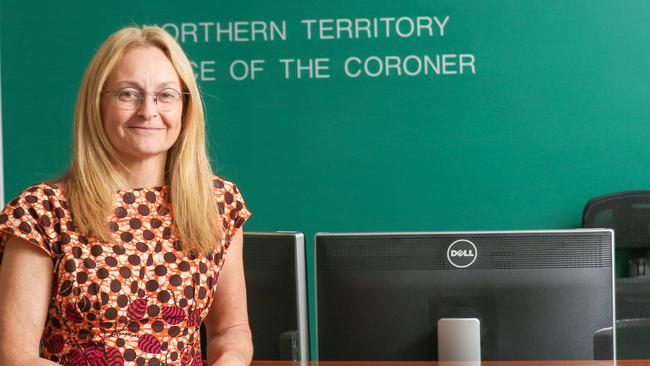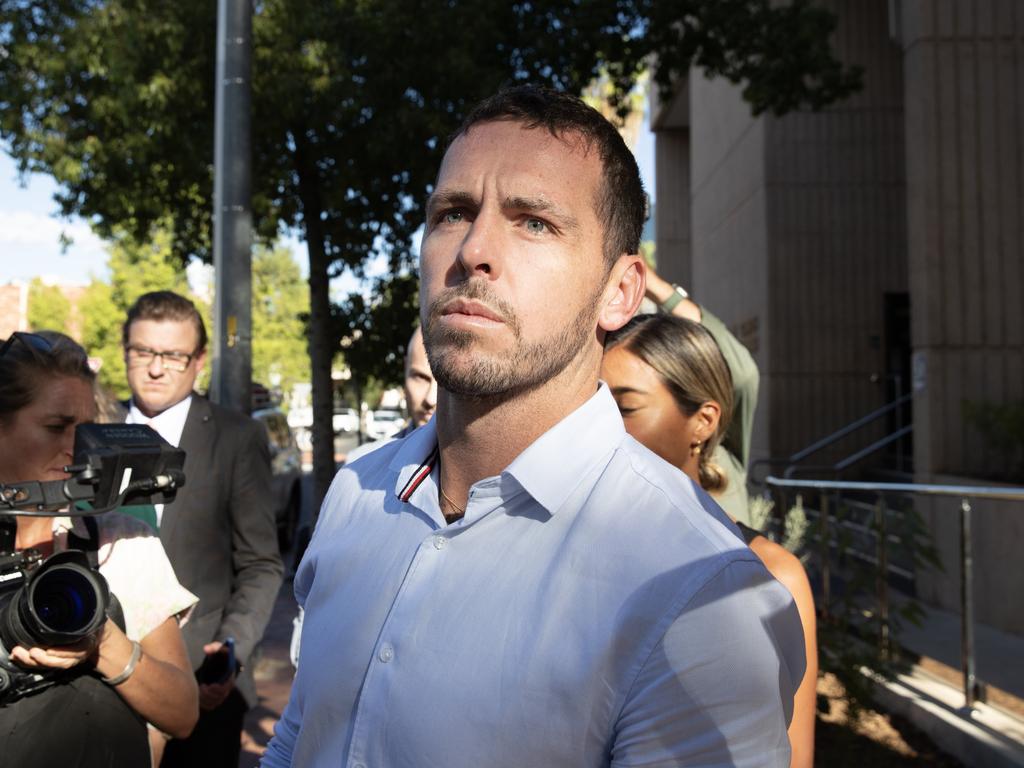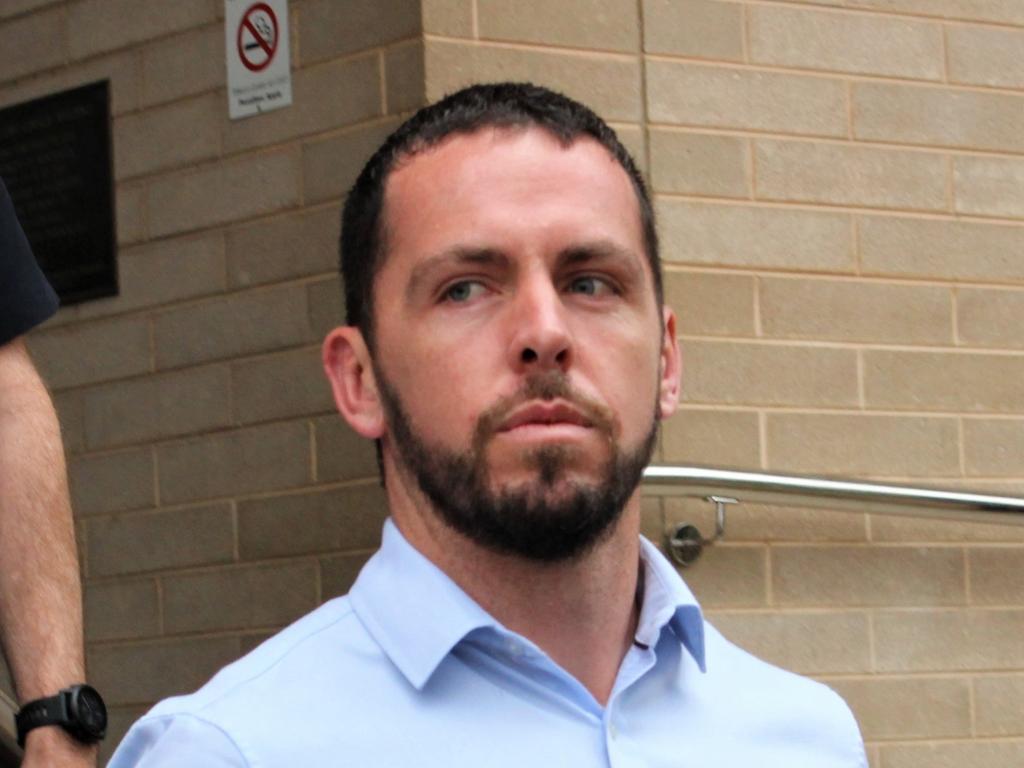
He used the word coon in a text message. He said half the female police officers in Alice Springs looked like Danny DeVito.
He was willing to turn his body-worn video camera in another direction or raise his voice to cover up for colleagues who were doing or saying something “unprofessional” on a job.
The inquest has not yet taken Rolfe to the day in 2019 when he shot and killed Kumanjayi Walker while attempting to arrest him, yet already the former police officer has been prompted to say this to coroner Elisabeth Armitage about some of his actions: “I feel a sense of shame and definitely regret.”
However, it is not Rolfe who is on trial at this inquest. He was found not guilty on all charges in relation to Walker’s death two years ago. Instead, Armitage’s courtroom is beginning to look like an exploration of everything that is wrong with the NT Police.
The tables have turned and the institution that charged Rolfe with murder just days after Walker’s death – before the coronial process could play out – is now under a white-hot spotlight.
It’s already bad for the police and it could get worse. There are three days to go and who knows what else Rolfe might reveal.
On day one he named names and some details had to be suppressed because the allegations were so serious.
Rolfe casually mentioned that the NT’s most elite force had for years held “coon of the year awards” at an annual party in its Darwin headquarters and a high-ranking officer referred to an Aboriginal woman as “a fat gin”.
His evidence has also exposed a police force that is both risk-averse and set up to burn young people out fast.
For example, when Rolfe pulled off a daring rescue of tourists in a flood in his first week as a police officer, the government gave him a bravery award – but his higher-ups gave him a dressing down for not following rules about risks.
“The message was that I should have stood on the side of that river and watched these people drown,” he said.
Armitage is listening to all of it. She has begun to ask Rolfe questions of her own about how the force gives young cops compassion fatigue and how that can be avoided.
“What do you think?” she asked him on Tuesday morning.
He suggested a rotation like in the armed forces. New police officers could do 10 months on the road, a month of no night shift and positive engagement with youth, followed by a month of “good training” before starting again.








For two days, Zachary Rolfe has been subjected to a relentless examination of things he is ashamed of and others he would clearly prefer not to revisit from his three years as a police officer on Arrernte country deep in Central Australia.